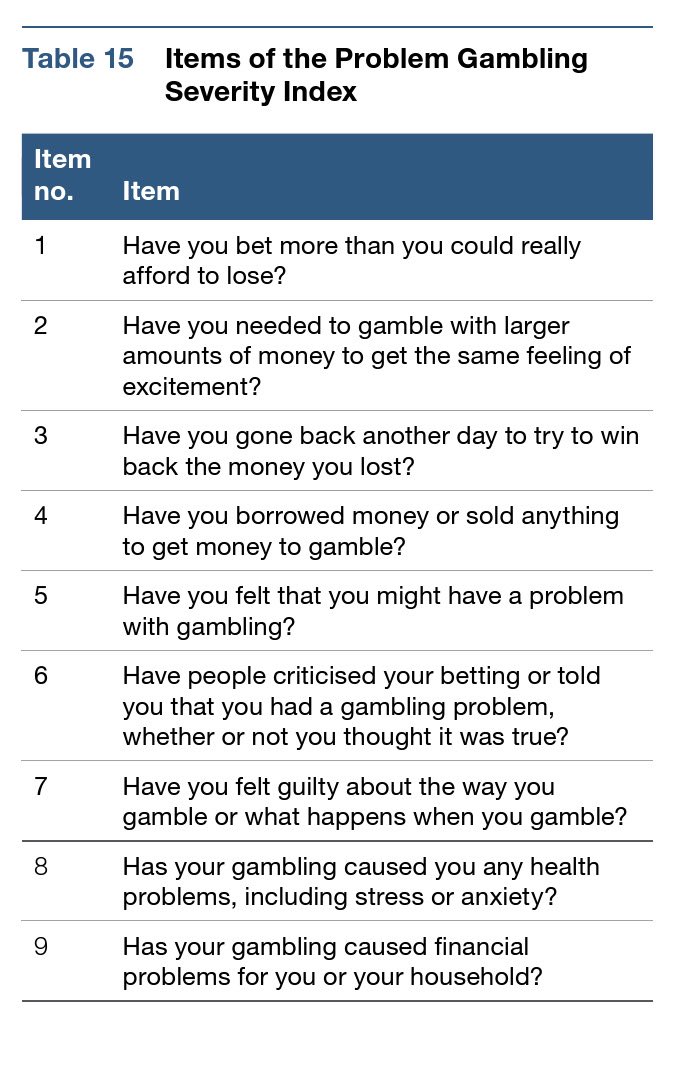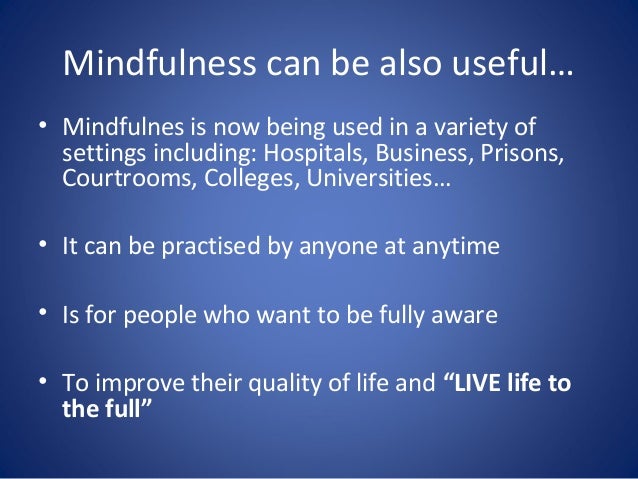Problem Gambling Index
Problem Gambling
Anyone who’s bought a lottery ticket or played bingo has gambled. Gambling is any game of chance in which money changes hands. It’s common in most cultures around the world. Many people enjoy gambling as recreation without causing harm to themselves or others. Yet some people can’t control their impulse to gamble, even when it takes a terrible toll on their lives.
Problem Gambling: gambling behavior that results in one or more problems in life: School, work, relationships with friends and family, and of course financial. Pathological or Compulsive Gambling: used interchangeably to describe the condition whereby at least 5 out of 10 criteria are met for 312.31 Pathological Gambling according to the DSM. This self-assessment is based on the Canadian Problem Gambling Index. It will help you decide if you wish to seek other forms of support or information. When you gambled, did you go back another day to try to win back the. Answer the quiz questions below to see if you or a loved one may be addicted to gambling. Instructions: Below is a list of questions that relate to life experiences common among people with a gambling addiction.
Problem Gambling And Aces
- Across all states, there is a lack of uniformity regarding what types of problem gambling services are funded. Among those states that fund problem gambling services, the most commonly supported services provided by state agencies and NCPG Affiliates were, respectively, problem gambling awareness programs, counselor training, helplines, and problem gambling treatment.
- A large, integrated survey data set provided by the Ontario Problem Gambling Centre was used to investigate psychometric properties of the Problem Gambling Severity Index (PGSI). This nine-item self-report instrument was designed to measure a single, problem gambling construct.
For these gamblers and their families, researchers have been making progress in several areas. Scientists are learning why people have problems with gambling: how common it is, what goes on inside the gambler’s brain, who is at risk and what kinds of treatment can help.
Problem gambling is defined by some researchers as gambling that causes harm to the gambler or someone else, in spite of a desire to stop. Between 2% and 4% of Americans struggle with this condition. Problem gambling can progress to a recognized psychiatric diagnosis called pathological gambling.

Pathological gambling may affect from 0.4% to 2% of Americans. “Pathological gambling comes with a constellation of problems that contribute to chaos,” says Dr. Donald Black of the University of Iowa. “It’s associated with worse physical health, excessive smoking, excessive drinking, not exercising, not seeing primary care doctors and worse dental care. It also fuels depression, family dysfunction, crime, bankruptcy and suicide.”

Together, pathological and problem gambling may affect up to 5% of Americans. That number may rise, though. Laws in many states are creating more options for legal gambling, and internet gambling is becoming more common. Still, gambling is often done in family settings, condoned or encouraged by parents. And the younger you start, the more likely you are to get into trouble later on.

From 3% to 8% of adolescents have a problem with gambling. Dr. John Welte of the University of Buffalo has found that, across the lifespan, gambling problems are even more common than alcohol dependence. They are also much more common in males, in young people, and in people who live in relatively poor neighborhoods. “That’s not true of the prevalence of alcoholism,” says Welte. “Alcoholism is much more democratic. So think about motives for gambling. People are hoping that winning will improve their lot. That makes them more vulnerable to developing a gambling problem.”
In a study of mostly African-American inner-city youth, Dr. Silvia Martins of Johns Hopkins University has found that about 15% have some form of problem gambling. Most at-risk were adolescents and young adults who began showing symptoms of depression at age 12. They were highly impulsive, although not hyperactive or aggressive. As the African-American boys developed into their teens and early adulthood, gambling appeared to be a separate risk factor for early fatherhood and criminal arrest. “We are following up with these inner-city kids every single year as they enter adulthood,” says Martins.
But why is gambling irresistible to some folks and not others? Using advanced imaging techniques, Dr. Alexander Neumeister of Mount Sinai School of Medicine looked at the brains of people with gambling problems and alcohol problems. He measured the number of special receptors involved in regulating impulse control and other factors.
“A key feature of addiction is impaired impulse control,” says Neumeister. “Abnormal function of the forebrain leads to reduced tolerance to waiting.” The resulting impatience may cause people to act without considering the consequences. “Our imaging clearly points toward the importance of impaired forebrain function in addiction.”
Pinpointing areas in the brain’s reward center, Neumeister’s team found that people with alcohol addiction and gambling problems show different functioning of these special receptors compared to healthy people. The differences were related to the severity of addiction. Other researchers are trying to develop drugs that could treat the affected areas.
Talk therapy can also help. Dr. Nancy Petry at the University of Connecticut Health Center works with pathological gamblers and people seeking treatment for drug use disorders. Gambling problems arise in about 10% to 20% of substance abusers. Petry compared the use of different types of talk therapy, including very brief interventions and cognitive-behavioral therapy (CBT). CBT teaches people how to think differently about problems and then act on that knowledge.
“We found very brief interventions and CBT were effective in reducing gambling and gambling-related problems,” Petry says. “There was a significant improvement relative to usual care or standard forms of treatment like Gamblers Anonymous [a 12-step program].”

Anybody can have a gambling problem, and no one should feel ashamed or be afraid to seek treatment. “Pathological gambling is a medical disorder, not a sin or a vice,” says Dr. Carlos Blanco of Columbia University and the New York State Psychiatric Institute. “There is no stereotype. The main predictor of outcome is really motivation.”
In other words, what counts most is a strong drive or desire to take action. Blanco offers gamblers motivational interviewing, which helps them explore their mixed feelings about trying to quit gambling. This primes them to be ready and willing to begin CBT. Using both therapies together can be very effective.

Problem Gambling Severity Index Uk
If you have concerns about your gambling, ask for help. Your health provider can work with you to find the treatment that’s best for you.
Problem Gambling In The News
Reprinted from: NIH News in Health, May 2011